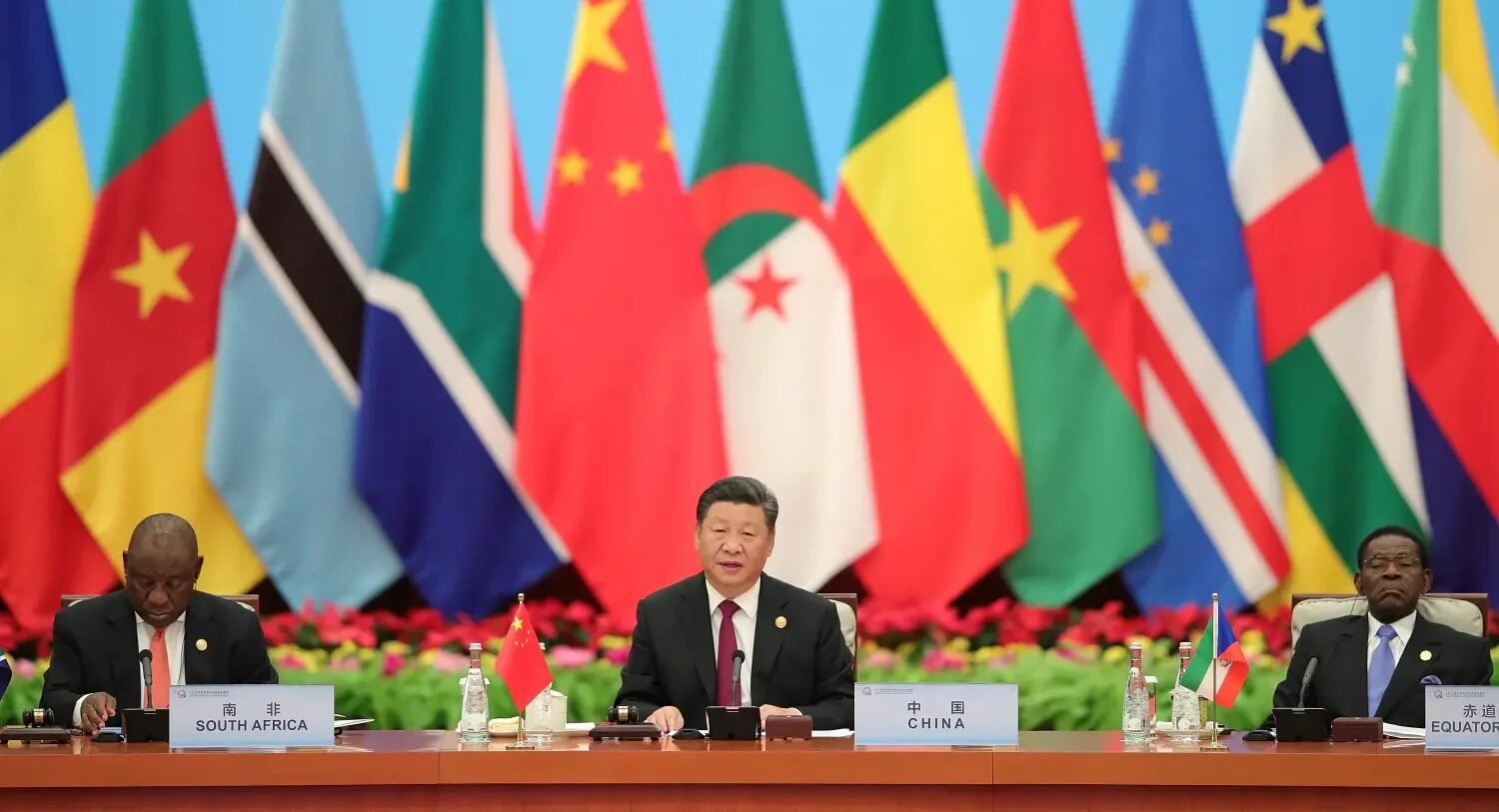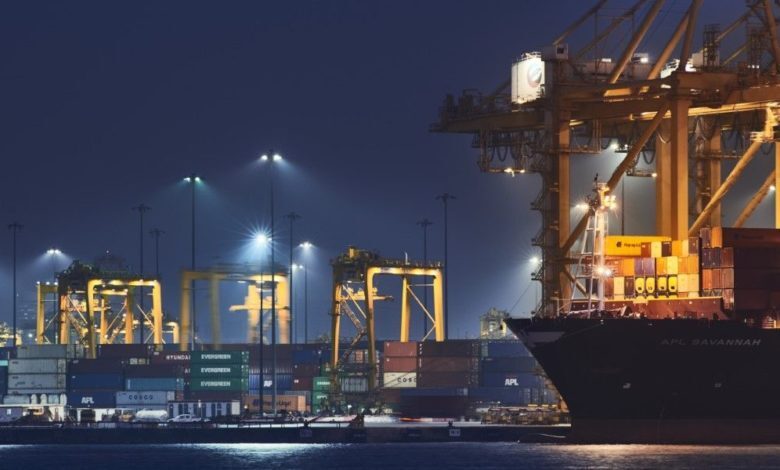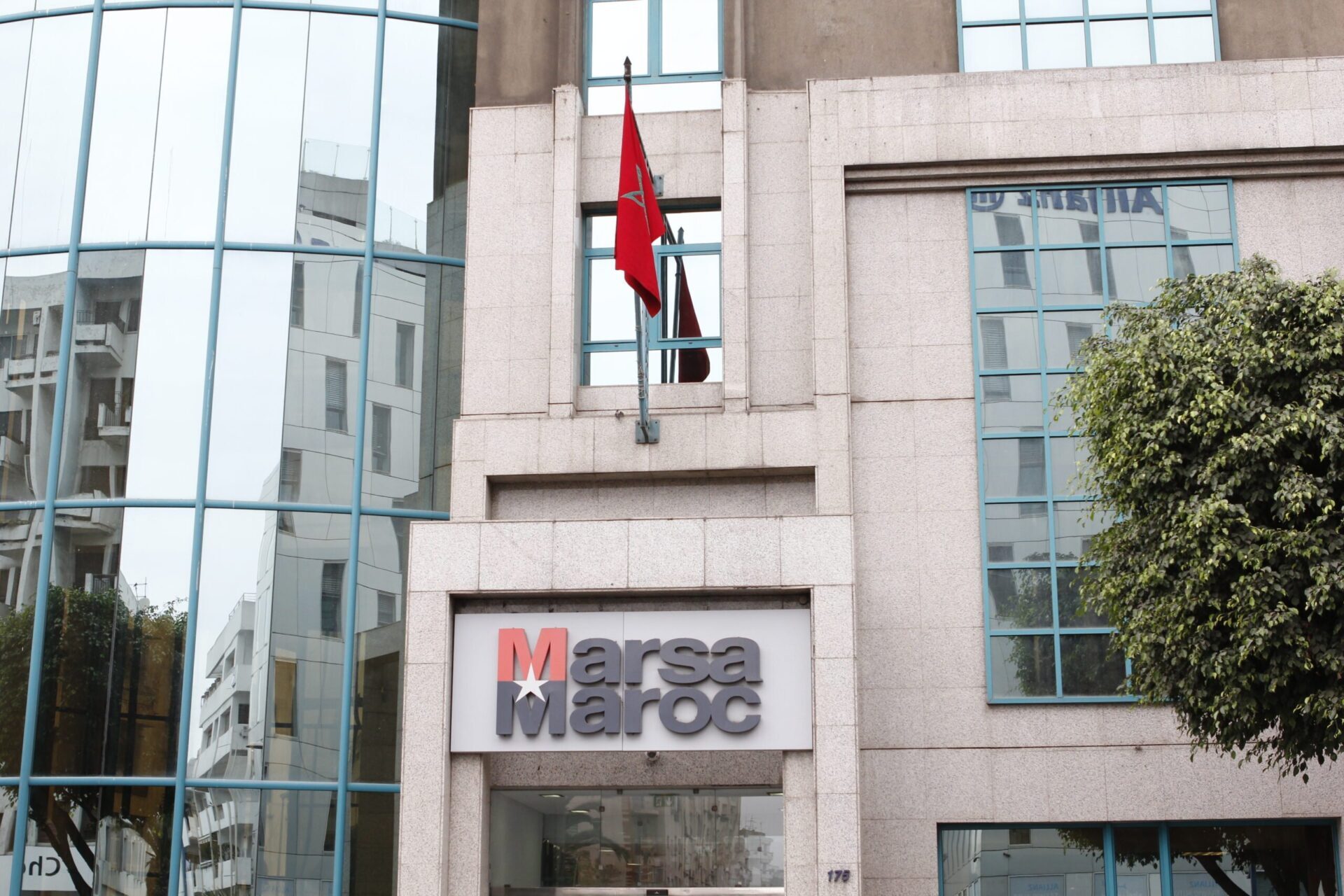
Thursday 18th September 2025

by inAfrika Reporter
South Africa is taking a step many travelers have asked for: a fully digital Electronic Travel Authorisation (ETA) that aims to simplify entry, speed up processing, and reduce fraud. The Home Affairs ministry is introducing the system at the Tourism Business Council’s leadership conference, with initial coverage for short-stay tourist travel and a focus on the country’s two busiest airports, OR Tambo in Johannesburg and Cape Town International.
The idea is straightforward. Visitors apply online, upload documents, receive a digital code, and present it on arrival where it’s matched to their passport and biometrics. Officials describe the ETA as AI-assisted, with instant adjudication in routine cases and human review when anomalies appear. The ambition is to cut paperwork and queues without loosening the security net. Timing matters: authorities want the system active by late September, then expand categories and ports of entry in stages.
For the tourism economy, which has recovered unevenly since the pandemic, the ETA promises practical gains: fewer trip-killing delays, clearer tracking for applicants, and cleaner data for border planners. Business travelers should also benefit once additional visa classes are folded in. Industry voices say this kind of digitisation is overdue and could make the country more competitive on conference bids and film productions.
Travelers should still read the fine print. At launch, eligibility will concentrate on short tourist stays, with the government signaling a gradual widening after initial tests. Carriers and ground handlers will need to brief passengers carefully during the transition to avoid airport bottlenecks. And like any major IT rollout, the first weeks may include patches and process tweaks.
But the direction of travel is clear. A smoother, mostly online path to entry aligns South Africa with peers that have adopted e-authorisations, and it supports broader goals: attract longer itineraries, land more events, and make it easier for regional visitors to come back often. If execution matches the promise, the ETA will be less a headline and more a habit—one that helps the country welcome more people with less friction.


